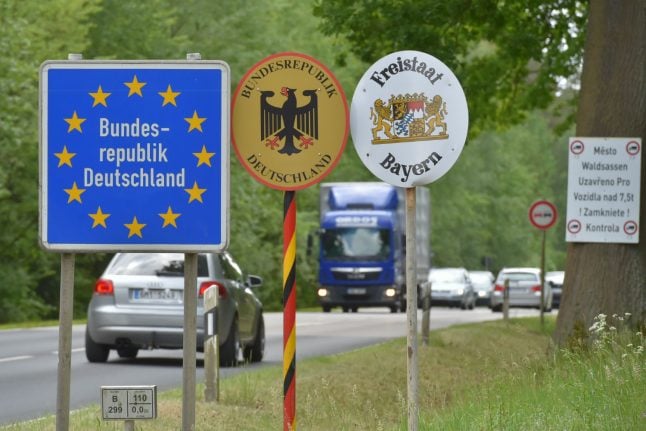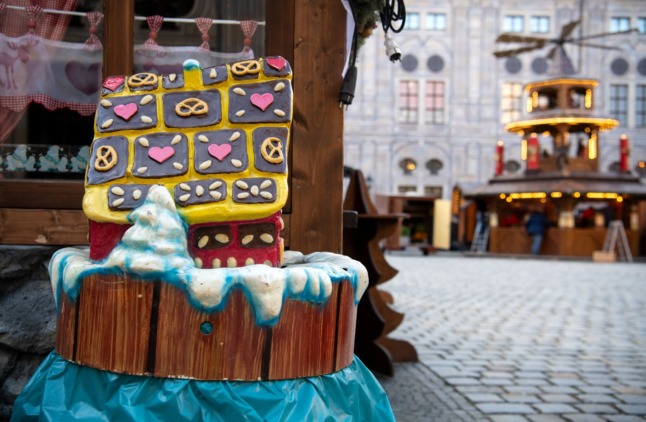Bavarian State Premier Markus Söder, from Chancellor Angela Merkel's Bavarian sister party CSU, and Czech Prime Minister Andrej Babiš want to keep the border open even if the number of coronavirus infections in both countries continus to rise.
“Closing the borders would not be of great benefit in fighting the pandemic, but rather would carry significant negative consequences”, said Söder on Wednesday in Munich after a video conference with Babiš.
READ ALSO: Should Germany impose border controls as Covid-19 rates rise across Europe?
He said that protective measures as face masks and minimum distances now applied on both sides of the border, and that mutually sealing off access would mainly impede the flow of trade and service workers.
Medical care would also be affected, said Söder, pointing out that many Czech commuters work in the care sector in Bavaria.
In order to help Germany's neighbouring country, which is particularly hard hit by the second wave of the pandemic, Söder also offered to make 100 intensive care hospital beds available Czech coronavirus patients.
Better economic support
Söder also pushed for aid from the German government to start in November.
“Culture, gastronomy and self-employed people urgently need support. In addition, the Federal Infection Protection Act had to be extended quickly in order to create clarity and legal certainty,” he added.
Babiš also emphasised the importance of the local coronavirus aid: “If the German economy goes bust, our economy will go bust too,” he said.
The two politicians therefore also talked about cross-border infrastructure projects such as a 5G mobile phone corridor between Prague and Munich and the expansion of railway lines.
Bavaria is currently the German state most affected by the coronavirus pandemic, having reported 2,845 cases within the last 24 hours as of Wednesday afternoon.
The Czech Republic, which borders both Bavaria and the eastern state of Saxony, is one of the hardest hit countries in Europe, having reported 12,089 coronavirus cases within the past 24 hours.
Amid the first lockdown in spring, the German-Czech border was sealed off in mid-March. However, the Czech Republic was one of the first countries in June to reopen its borders to neighbouring countries, including Austria and Hungary.
READ ALSO: Czech Republic reopens border with Germany



 Please whitelist us to continue reading.
Please whitelist us to continue reading.
Member comments